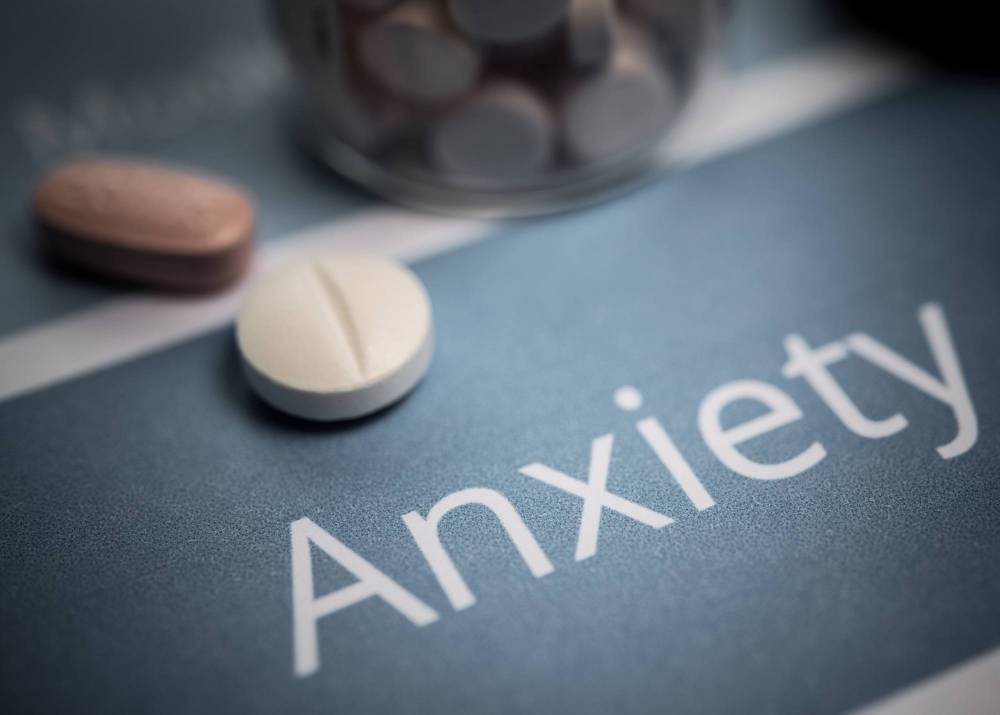I’m fired up about them and this is my PSA sharing my, Janet’s and others’ experiences! There are people completely for or against beta-blockers, some who have never wanted to try them and those who fear they cannot stop taking them right before speaking and performing events.
My own personal experience with them was completely life-changing. I began experiencing massive anxiety attacks up at the podium when I was age 13. My heart started beating out of control from that day forward, even with only the possibility of being called upon in class, or even worse, asked to read aloud. I faced every single day at school with dread, anxiety and creative ways to avoid everything.
The summer before starting college, I was in full panic mode, how will I ever get through college? Fortunately, my primary care doctor was aware of beta-blockers (back in 1995) for the treatment of stage fright, particularly musicians (with shaky hands) and singers (shaky voice) and I tried it for social and speaking anxiety. I fully believe it was a huge part in me finishing college and eventually graduate school.
I also started cognitive behavioral therapy (CBT) at the same time and learned how to change my thought patterns and the combination of the two significantly reduced my anxiety and severe avoidance. Eventually, I was able to de-sensitize myself to anxiety attacks that used to cause me to be a 10 off the chart for me.
That’s my story and I recommend it for others to use a combination approach like that. I truly believe – if that beta-blocker will help you get through the door of your feared situation, instead of living a life of avoidance and missed opportunities, it’s worth a try. Once I could see that these situations were not nearly as bad as I feared, I began to taper and the CBT helped me tremendously.
I recently worked with a coaching client who declared, there is no way I can go into an anxiety-provoking situation now without using beta-blockers; she had been using them for a few years and was convinced she could not face things without them. With some perspective shifts and CBT-like approaches, she was off them within two weeks!
They worry that they become a crutch is a big one I’ve seen over the past decade plus. This is a must-read article in which Janet shares her personal experience with them. Some people become convinced that the great job they do with public speaking or performing “doesn’t count” because the beta-blockers calm their physical sensations greatly. This way of thinking can be shifted, I welcome you to debate me on it!
Please reach out to me with any questions regarding beta-blockers, it’s one of my favorite topics, for more reason than one.
This is my PSA, my attempt at raising awareness for beta-blockers being overly prescribed for people who are not even experiencing panic attacks.
What upsets me the most about beta-blockers is seeing them prescribed heavily for general anxiety, sometimes up to 2-3 times a day. This became more common as the opioid and controlled substances epidemic began a few years ago. I’ve heard numerous times in my support groups and in my coaching, especially for social anxiety only – meaning general social situations when no public speaking or performing is occurring – that APRNs and psychiatrists are prescribing these instead of benzodiazepines (sedatives like Klonopin and Xanax). It is completely understandable why there is much more caution with these controlled substance medications, as they may lead to addiction.
Whereas, beta-blockers are not a controlled substance, are used only as needed, are out of your system within 24 hours, and do not cause cognitive impairment while speaking or performing, like some benzodiazepines do. This means your mind stays completely focused, especially because your physical sensations are blocked.
However, in my opinion, beta-blockers can be even more dangerous if someone has low blood pressure or other conditions that are not being monitored by the prescriber, especially when told to take them more than once a day on a daily basis.
Primary care doctors will prescribe them for you and I believe it is much safer since they have a full medical history and can closely monitor blood pressure or other conditions that may make them unsafe for you.
Please review this article here, which does a great job explaining how beta-blockers work.
Brief summary:
Beta-blockers can help you manage some of your body’s physical reactions to anxiety, such as:
- a fast heart rate
- shaky voice and hands
- sweating
- dizziness
By decreasing your body’s physical reactions to stress, you may feel less anxious during stressful times.
Beta-blockers work best for managing short-term anxiety about specific events, rather than long-term anxiety. For example, you can take a beta-blocker before giving a public speech.
You’ll likely notice results the first time you take beta-blockers for anxiety, but they can take an hour or two to reach their full effect. During this time, you’ll feel your heart rate decrease, which might make you feel more relaxed.
Beta-blockers can be helpful in managing symptoms for some people with anxiety. It’s been shown as a viable treatment option for short-term anxiety, especially before a stressful event. However, beta-blockers aren’t as useful for long-term treatment.
If you’re interested in trying beta-blockers for managing your anxiety, speak with your doctor. They can advise on the best treatment plan for you that will help manage your specific symptoms.



